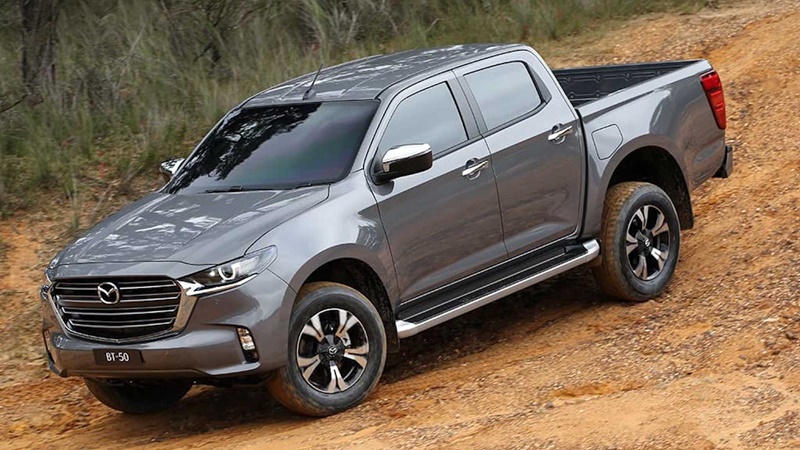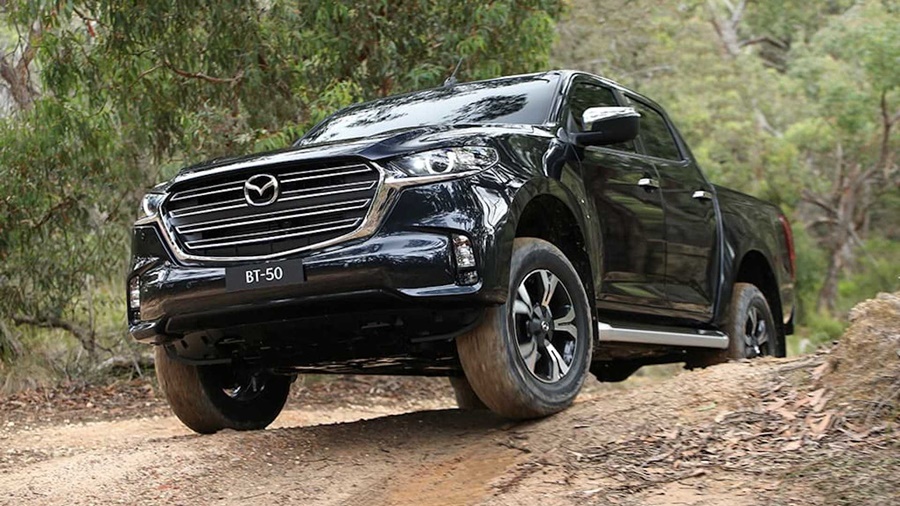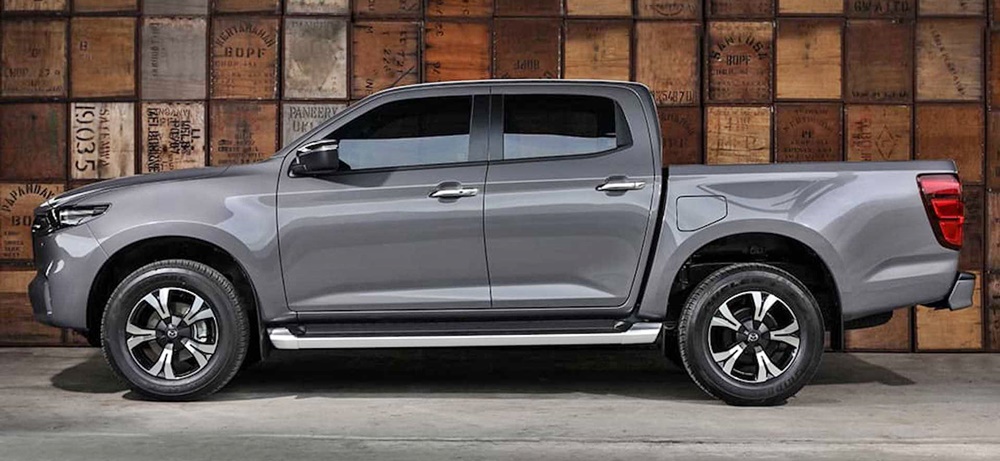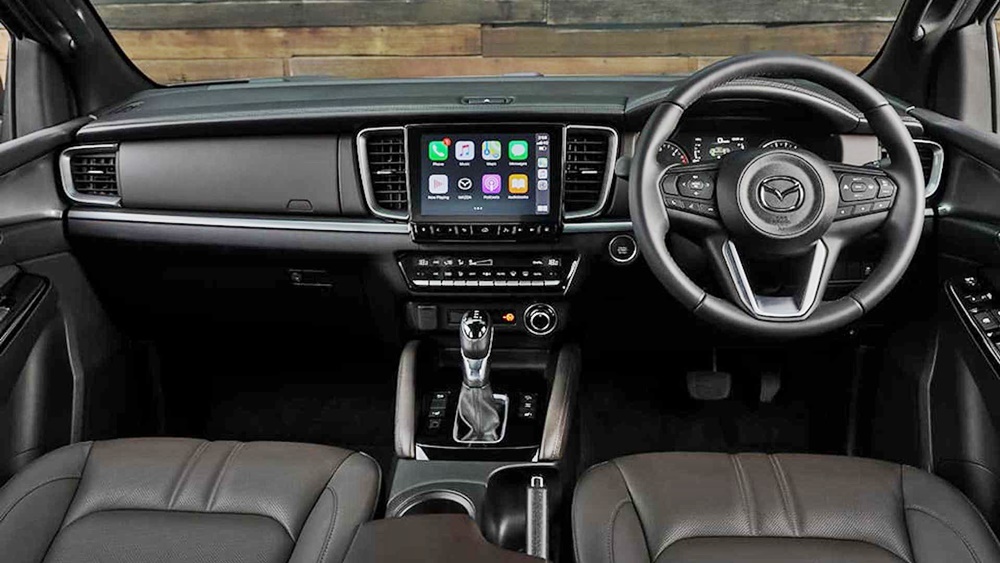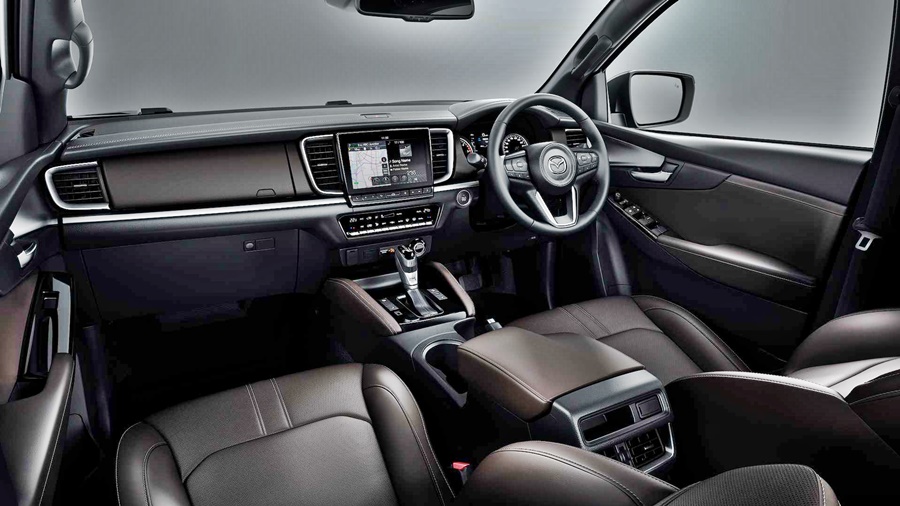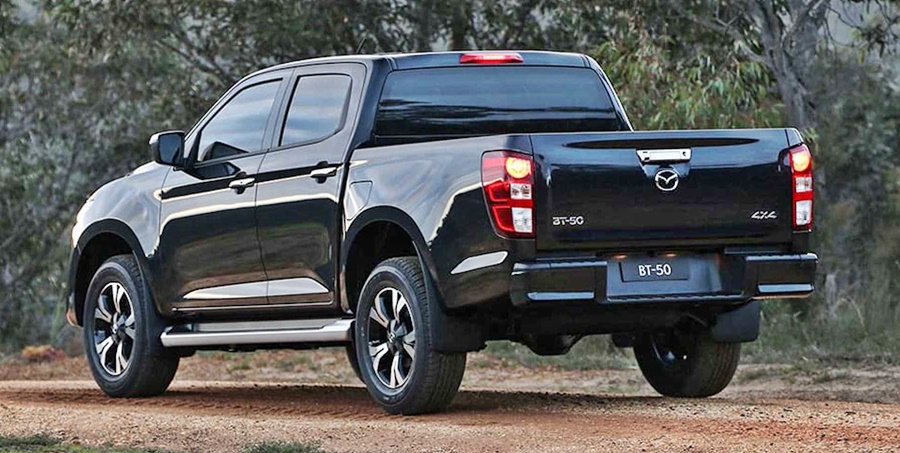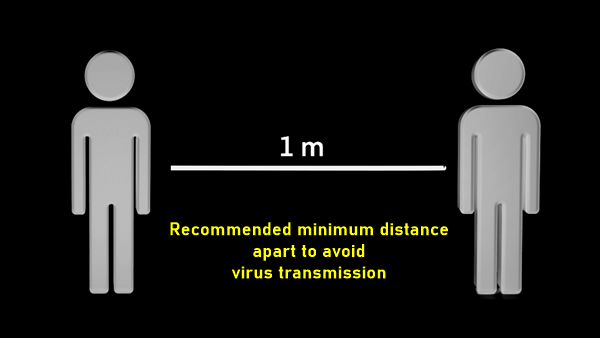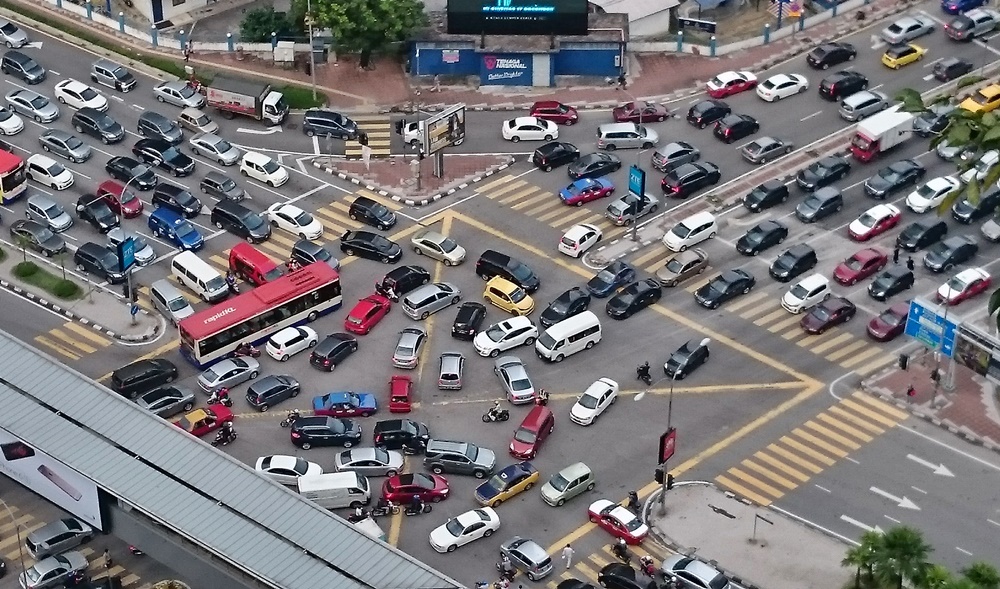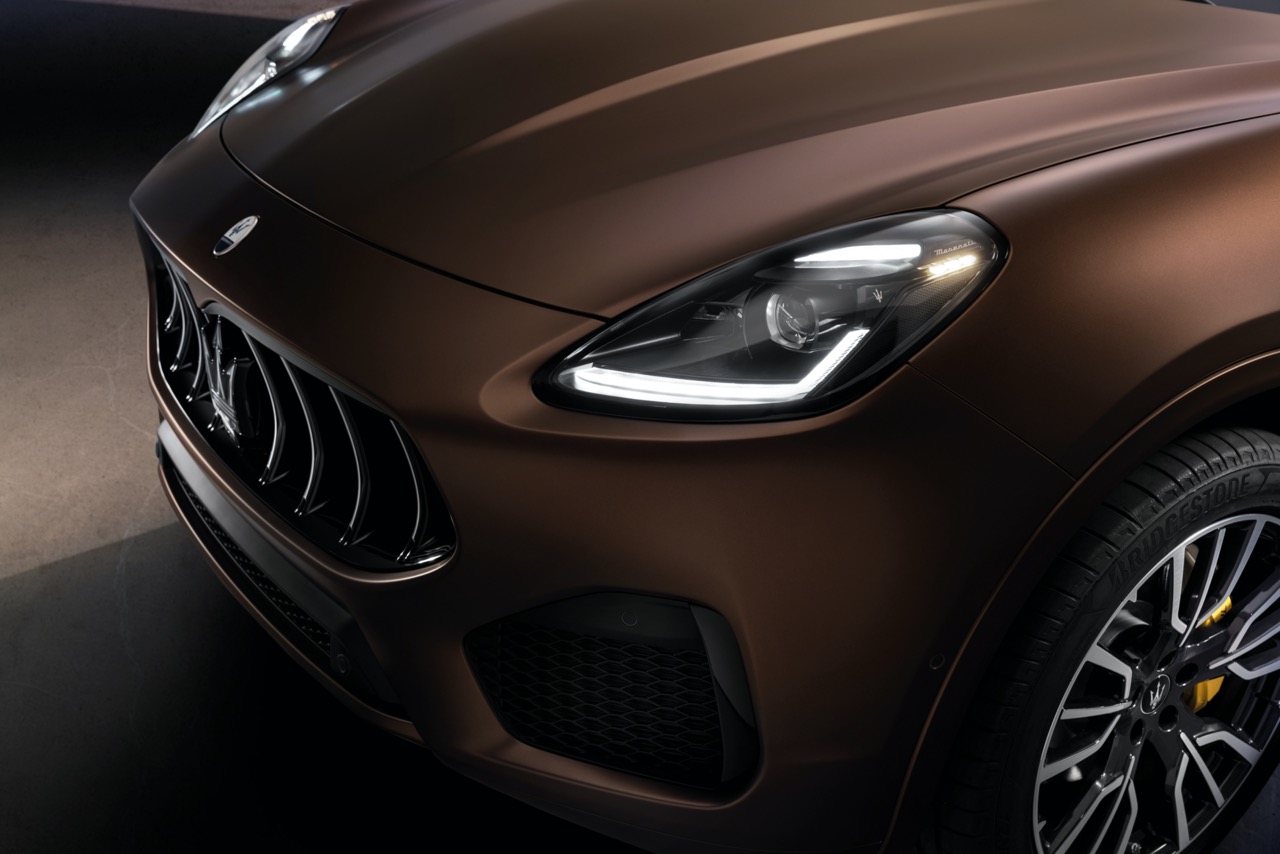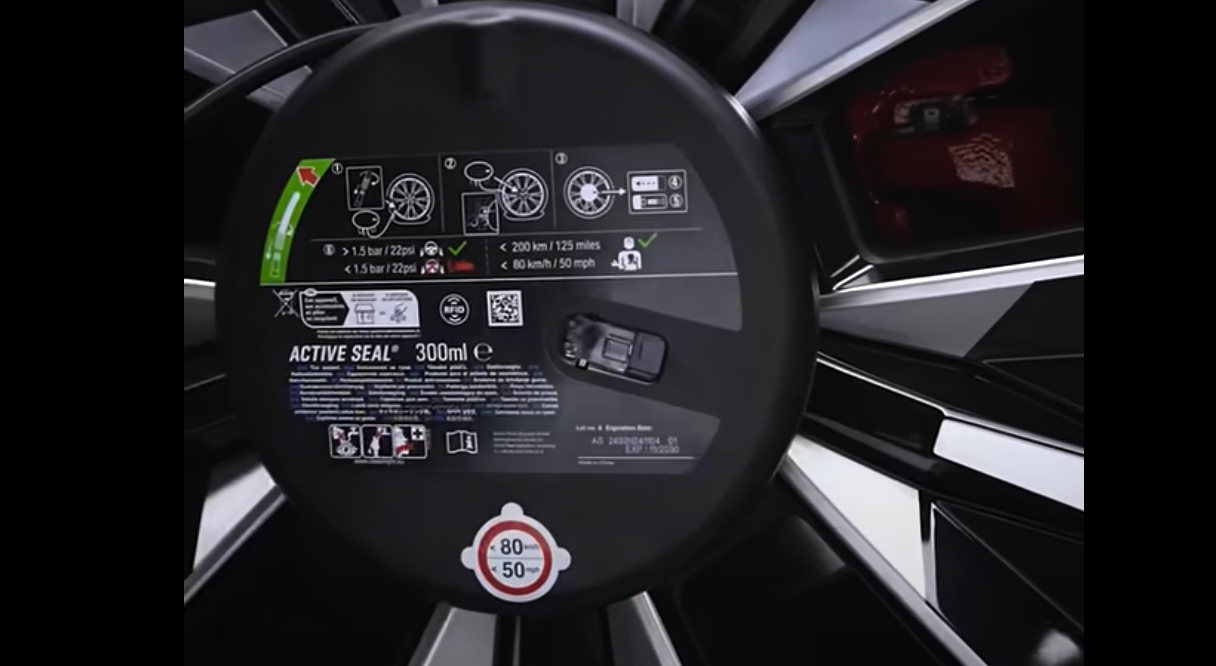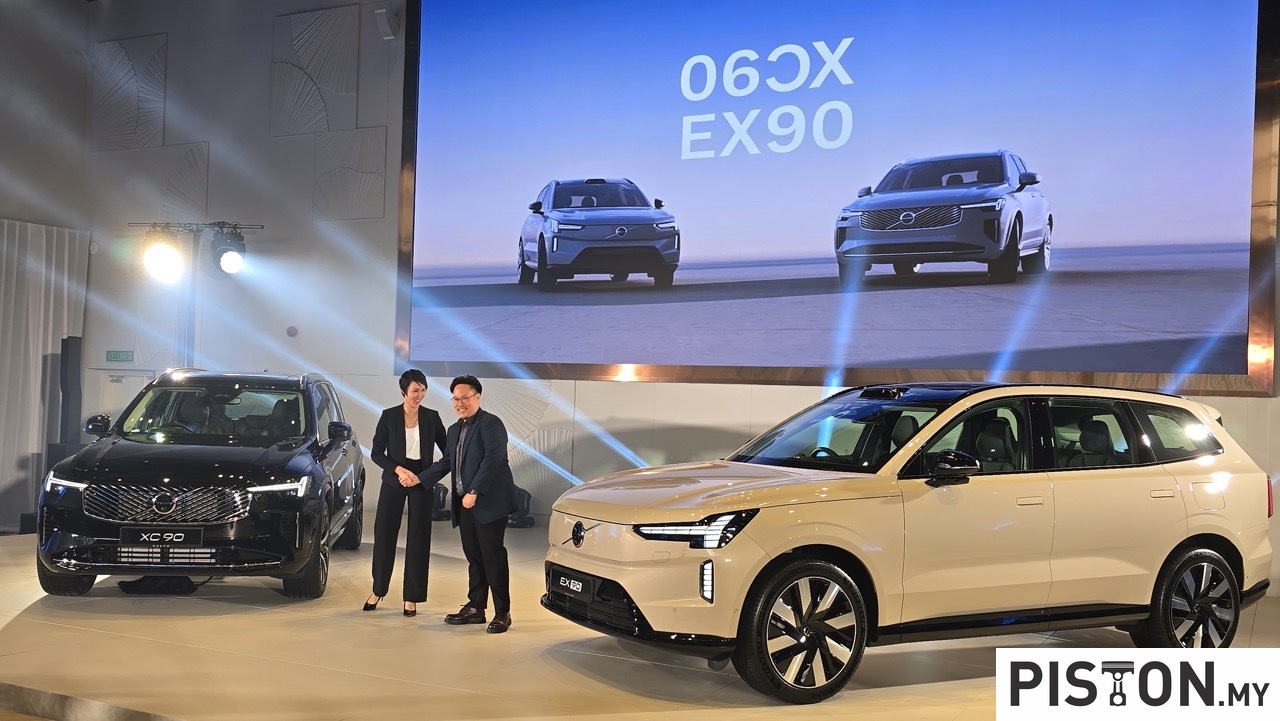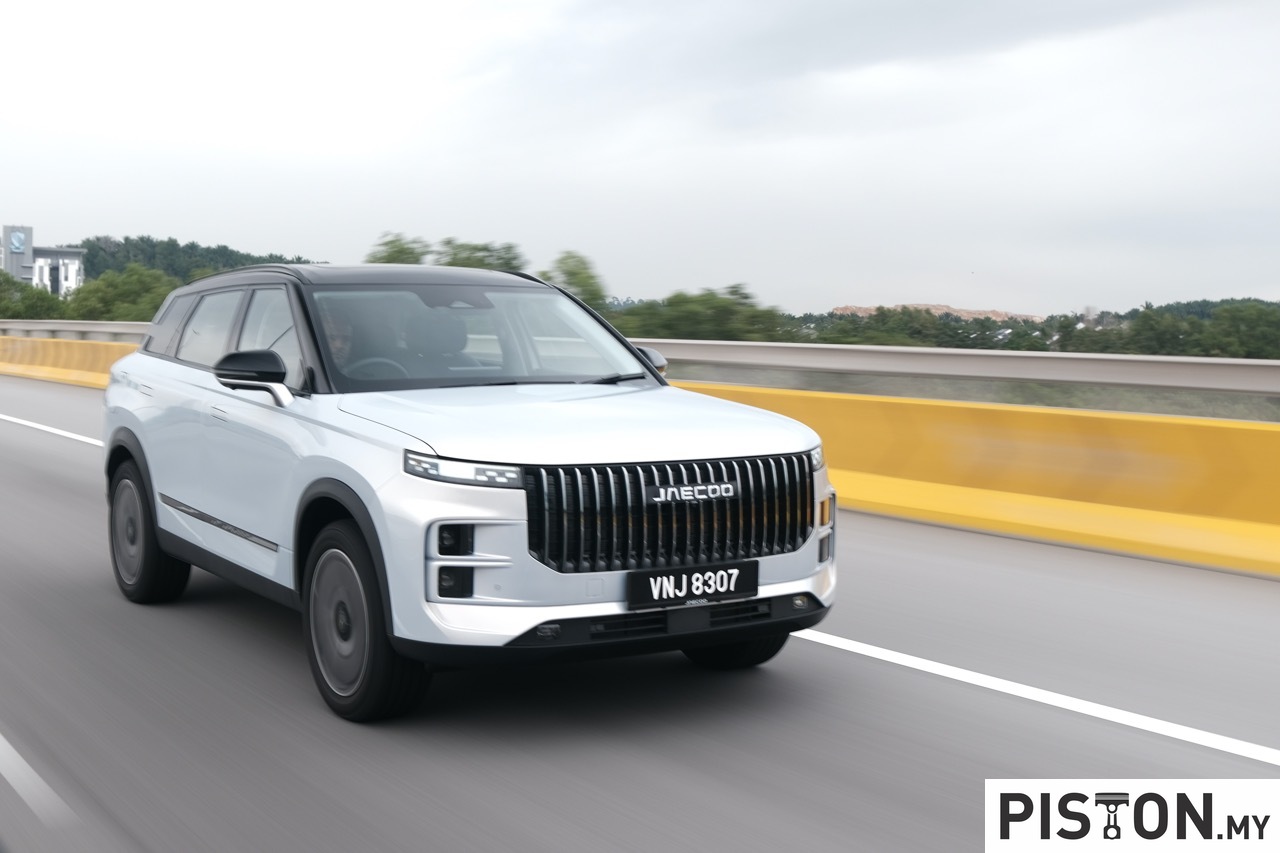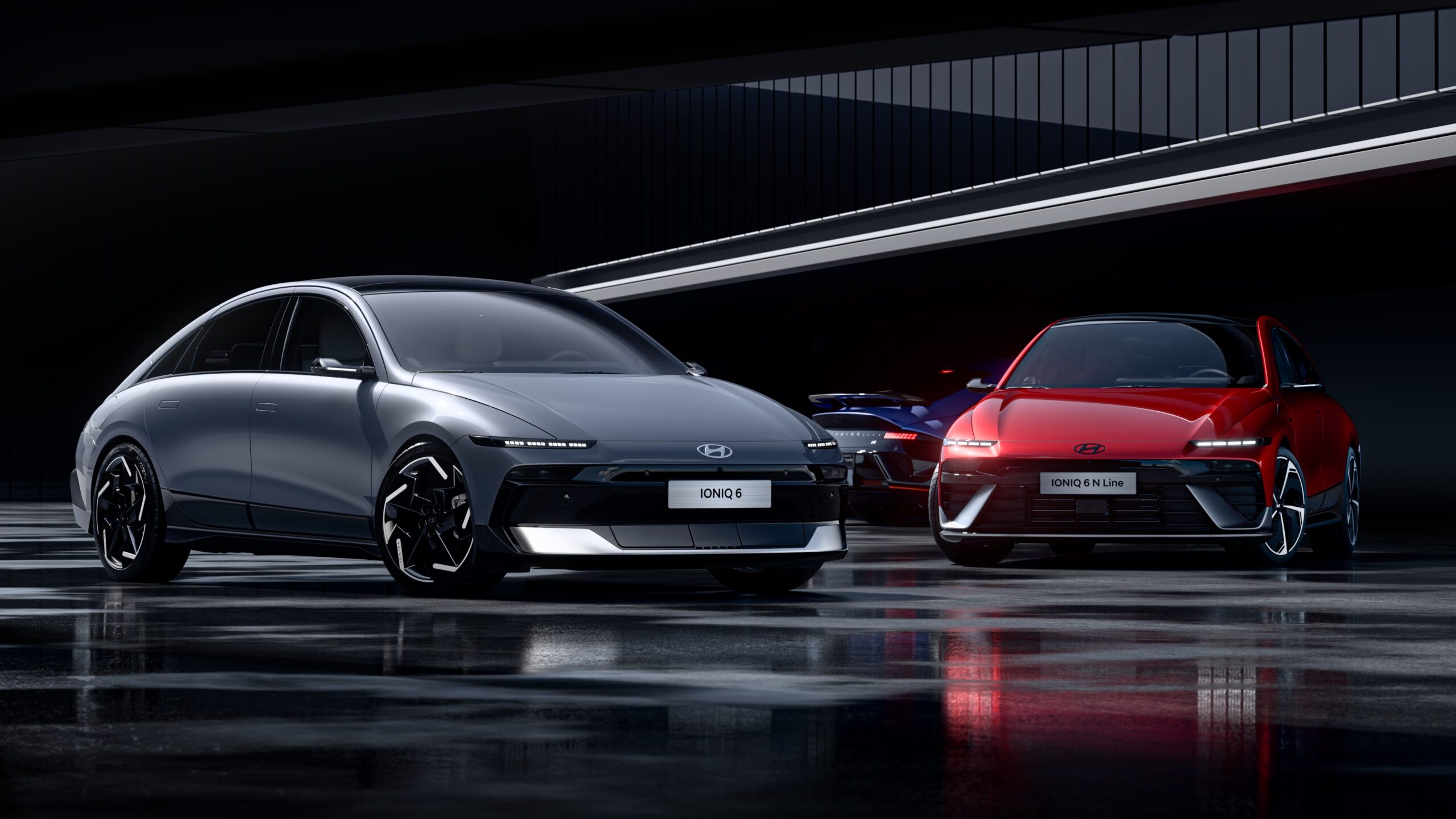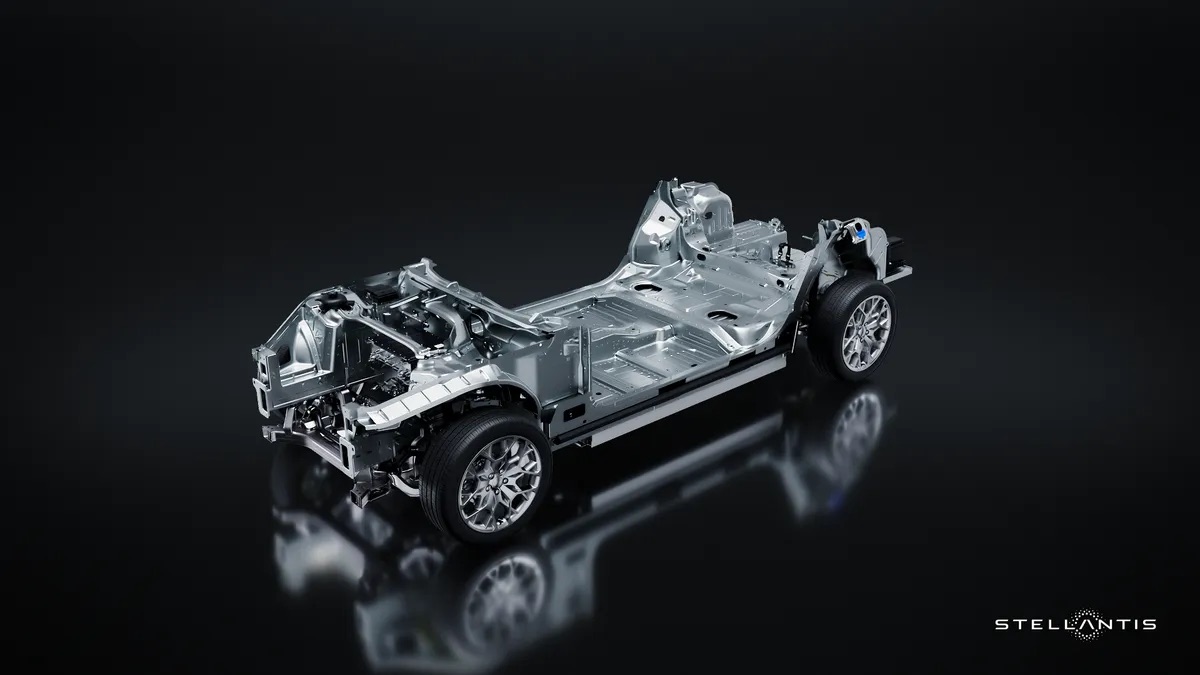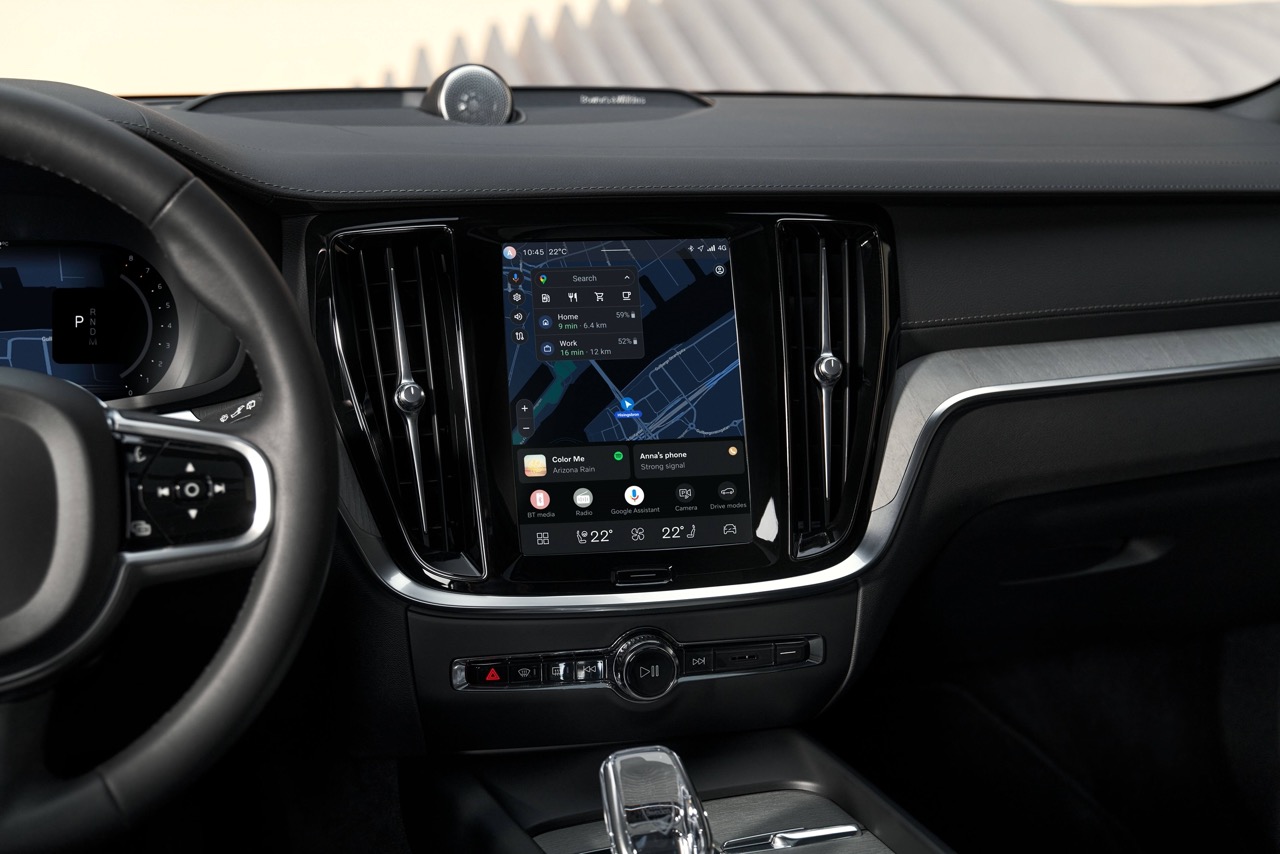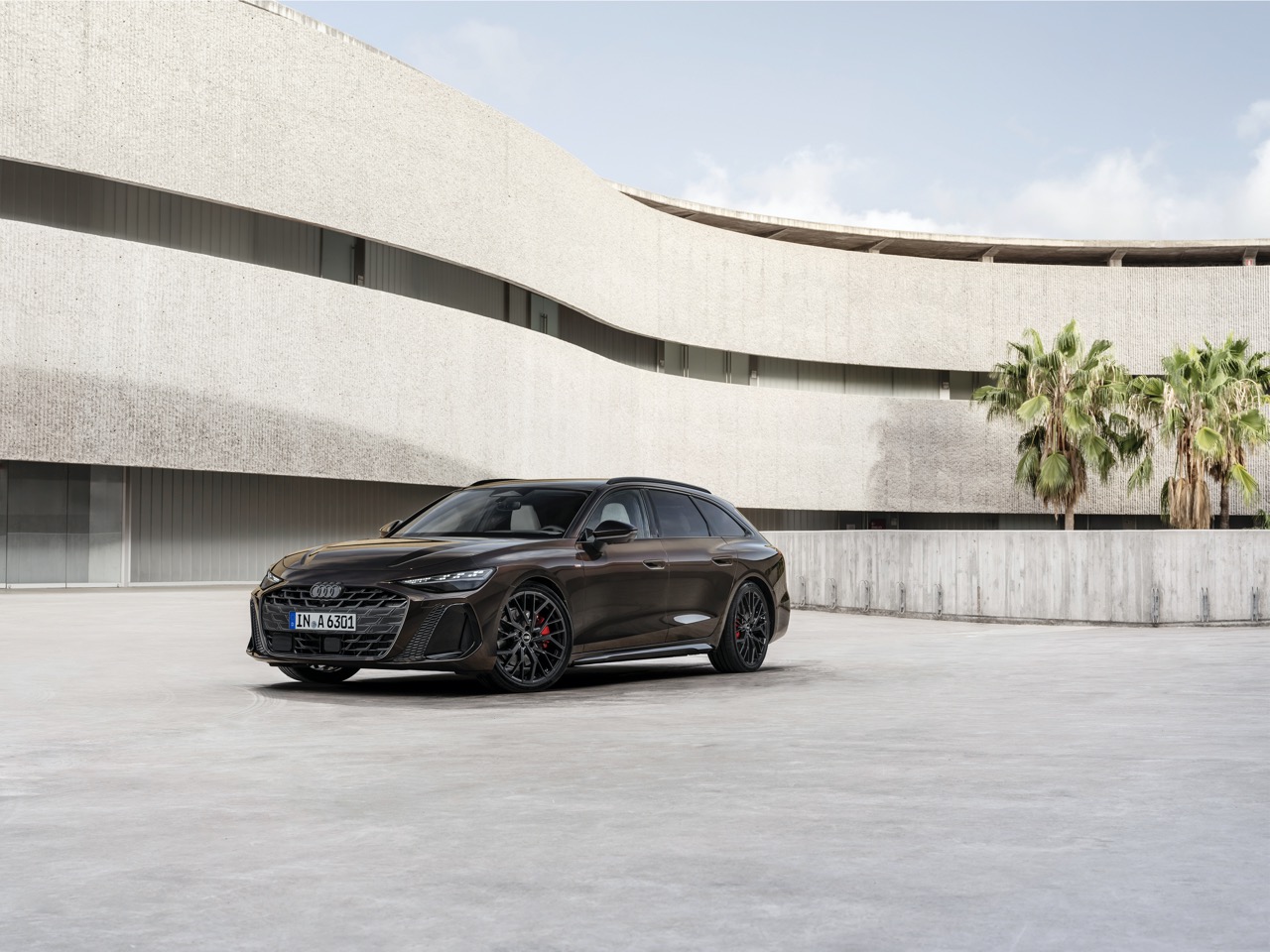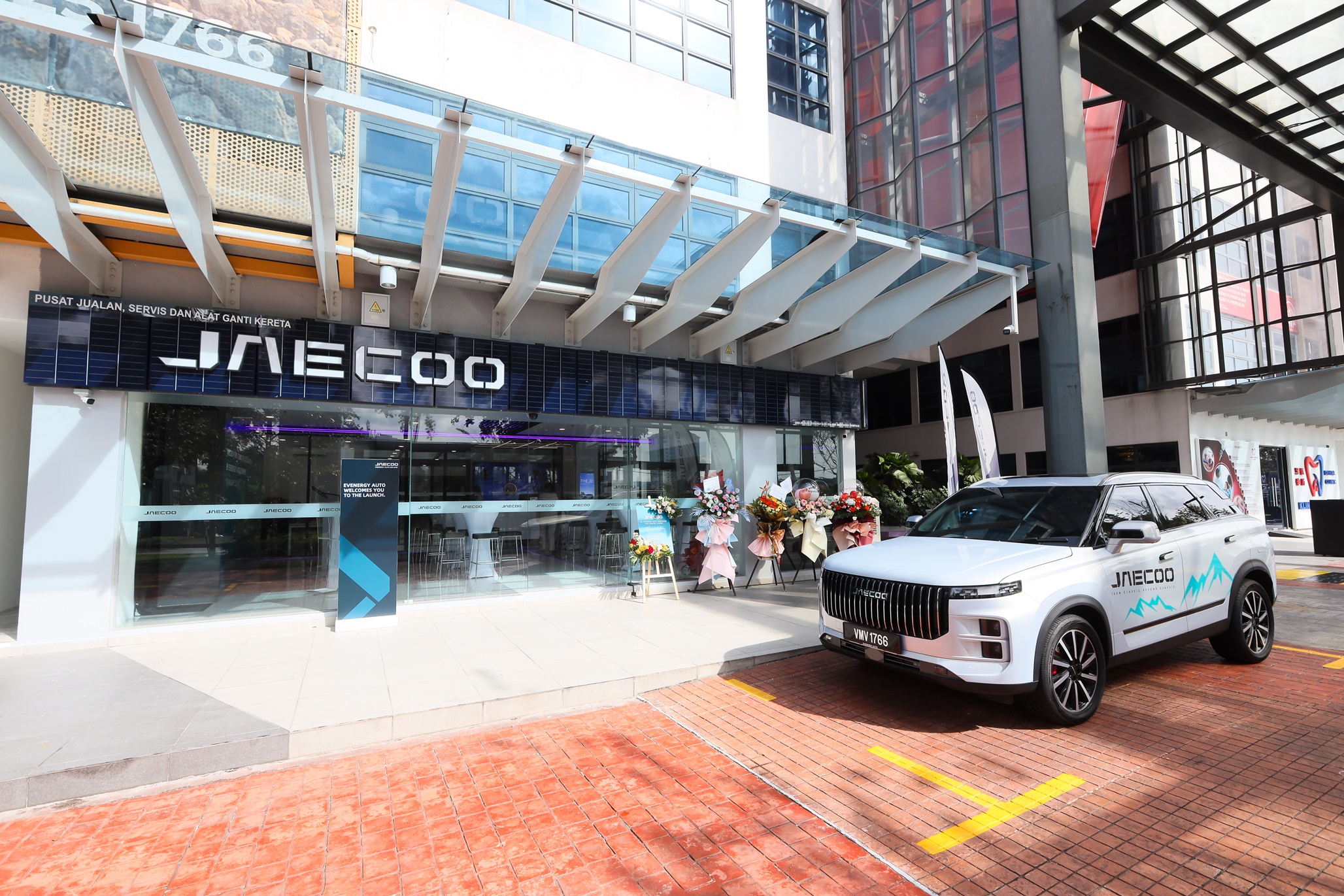Mazda and Ford had a relationship that went back to the mid-1970s and by many accounts, it was a successful one. One of the successful joint efforts to come out of the partnership was the pick-up truck program which saw the development of the Mazda BT-50 and Ford Ranger, along with a 50:50 investment in a brand new factory in Thailand to build the vehicles.
However, by 2015, the automotive world had changed substantially, and Ford was also going through challenging times. It decided to end the long partnership with Mazda that year by selling off its remaining shares in the company. Further collaboration was also not considered, and an announcement was made that the next Ranger generation would not involve Mazda (and we now know that it will involve Volkswagen).
A new association with Isuzu
At the time of the announcement in 2017, a Mazda executive would only suggest that the reason for not developing the next Ranger and BT-50 together with Mazda was due to ‘business considerations’. The Ford package was not as commercially attractive to Mazda as what was offered by Isuzu Motors for its next generation of pick-up trucks.
Actually, Isuzu and Mazda had already been working together for some years on commercial vehicles in the Japanese market. The new agreement would see Isuzu providing its D-MAX pick-up for adaption to become the new generation of the Mazda BT-50. It’s not known how much involvement Mazda had in the current D-MAX which was launched in October last year.
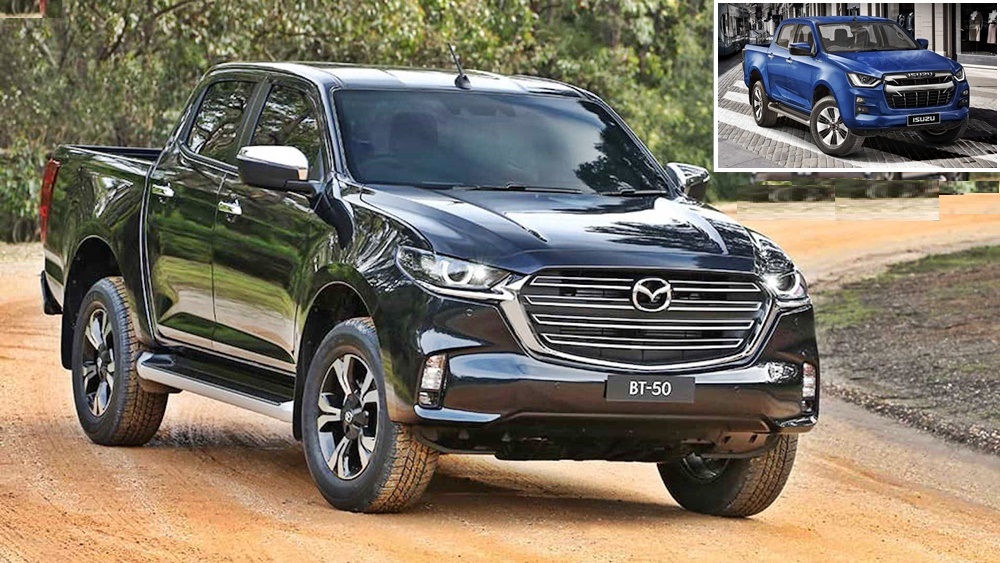
The result of the project has now been revealed with preliminary information and pictures of the new BT-50 being released. Mazda’s designers have done a good job of differentiating the Mazda model from the D-MAX. It’s not one of those vehicles which will draw remarks like ‘just a badge-engineered job’.
Immediate brand recognition
As with all current Mazda models, the KODO design language is used, giving immediate brand recognition. Mazda’s designers have adapted the KODO design theme to present an image of ‘power, toughness and utilitarian functionality’ suited to a pick-up truck.
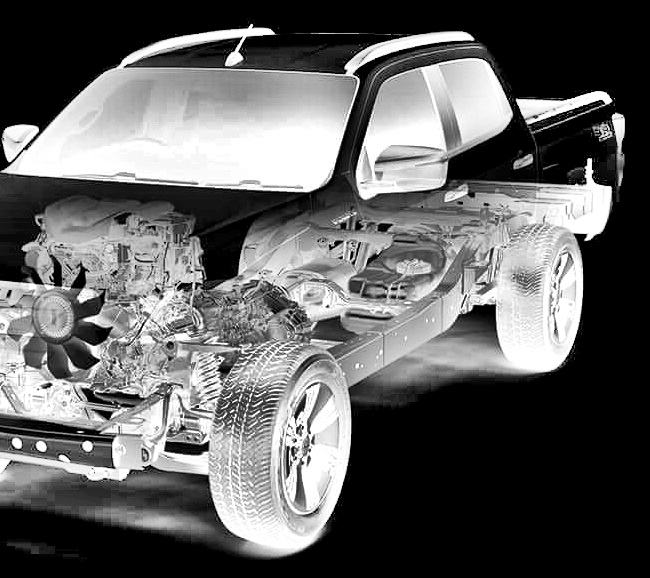
Just as there were tiny engineering differences between the Mazda Tribute and Ford Escape SUVs, there seems to be the same subtle differences between the new BT-50 and D-MAX. Mazda says it developed the BT-50 ‘with the intention of making travel and the time spent inside the vehicle exceptionally pleasant’. Its focus is therefore on personal transport for leisure more than a workhorse role although the D-MAX genes should still give it plenty of capability for those who use it for business.
The 1.9-litre Blue Power engine too?
The information available is still limited and a 3-litre turbodiesel engine is mentioned. This would be an Isuzu unit and it remains to be seen whether the 1.9-litre Blue Power turbodiesel will also be offered in the BT-50. Mazda’s strategy could be to cater to a niche segment with smaller volumes, rather than try to compete over a broad spectrum of customers with extra engine options.

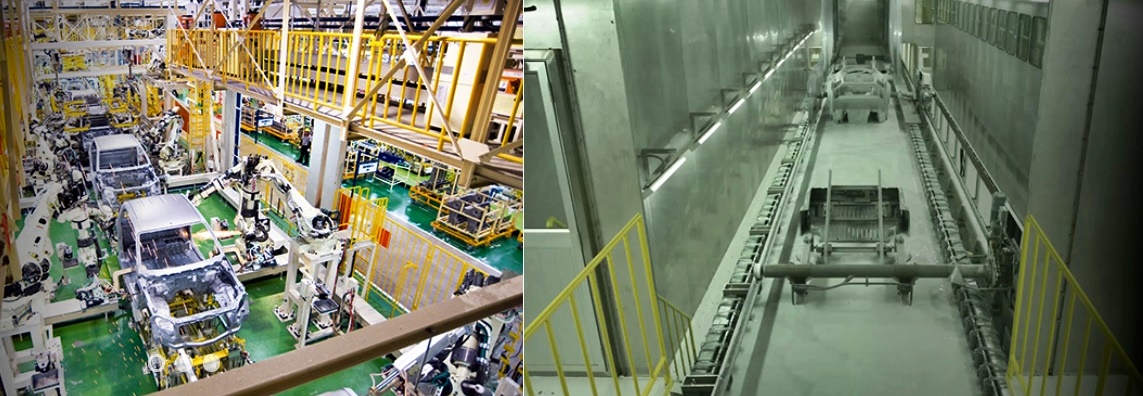
The new BT-50 will be manufactured by Isuzu Motors at its D-MAX production hub in Thailand. It will go on sale in that market later this year and as it is also a CBU import for the Malaysian market, we could see it here before the year ends too.
Visit www.mazda.com.my to know more about Mazda models available in Malaysia.
Revised Mazda Prices with Sales Tax exemption (from June 15, 2020)




